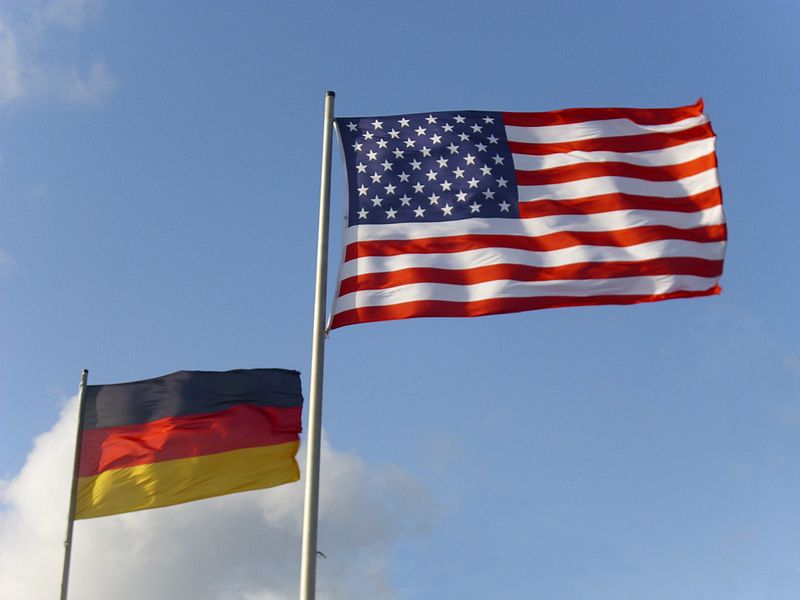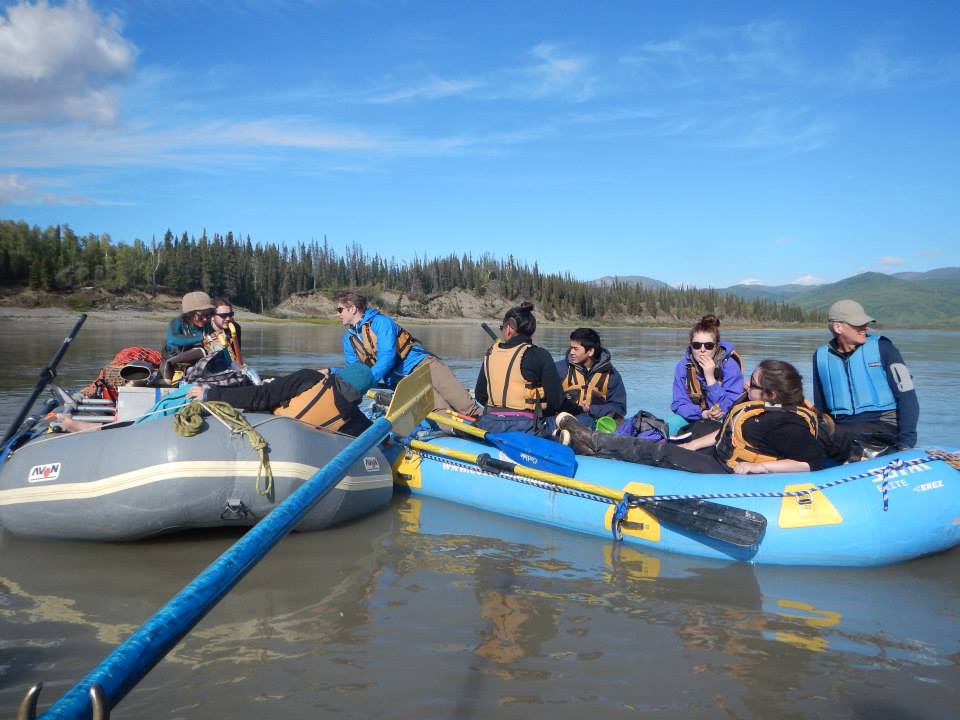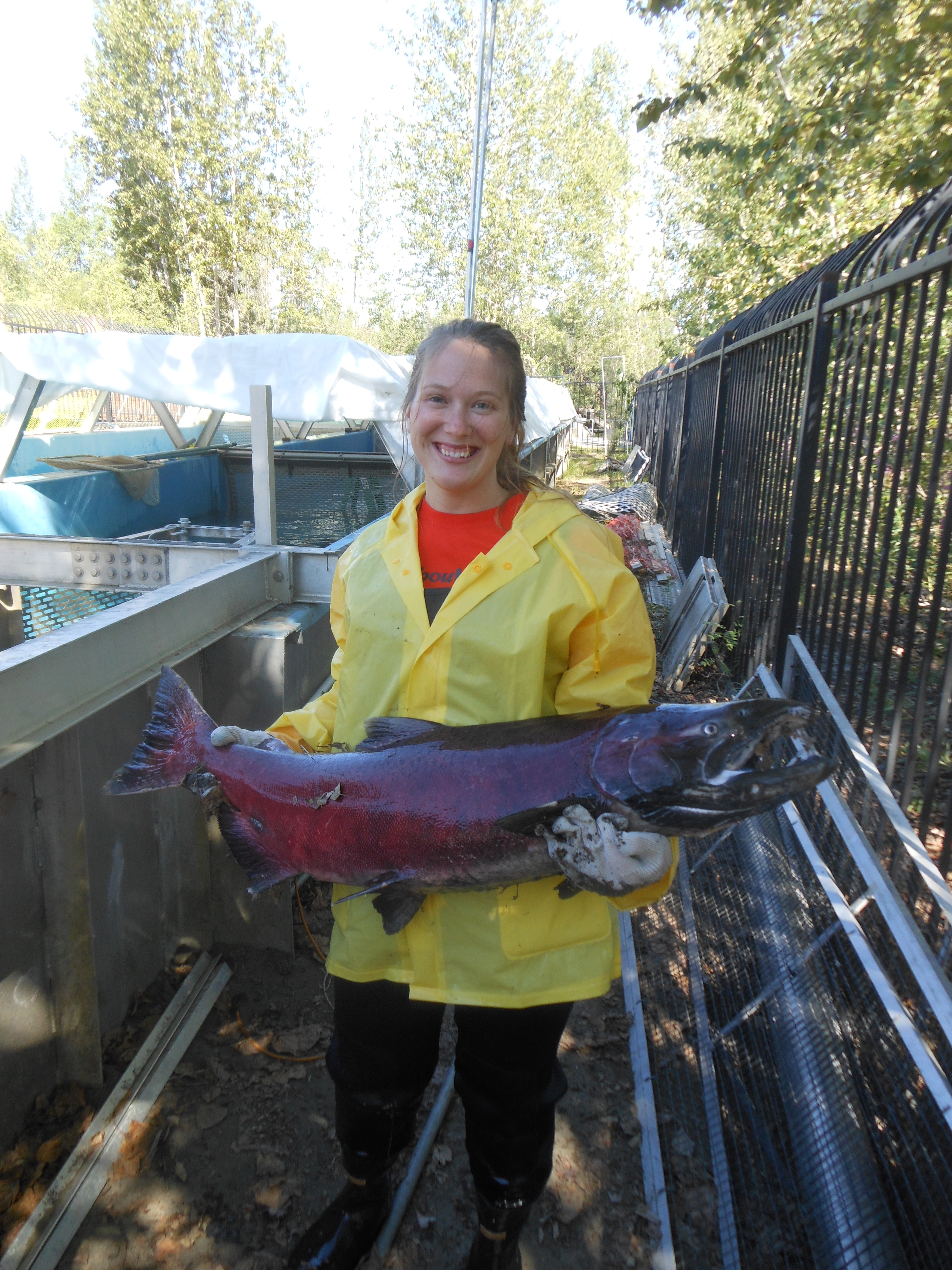by Brittney Alston
Our elevator pulled to a stop at the third floor and my sister and I, two giggling girls of eight and eleven, stumble out and excitedly greet our cousin. He is a ten year old boy, grinning from ear to ear, and we hug shyly. The fatigue from the fourteen hour plane ride suddenly wears away in all the commotion of hugs, laughter, and excited greetings. Our mother begins chatting noisily with her two sisters, and our uncles, with their familiar tall, lanky figures, pick up our suitcases for us and wink knowingly.
A flicker of white paper attached to the luggage catches my eye as my uncle navigates it through the crowded airport. I exchange a glance with my cousin, and he raises his eyebrows in a mischievous manner. Suddenly, he yanks the luggage label of the suitcase and sticks it on my sister’s back. She yelps, rips the sticker off and puts it on my back. I rip off another luggage label and stick in on my cousin’s back. In a matter of seconds, we have invented one of our favorite childhood games: sticky tag.
In the following two weeks, we revel in childish games and pranks. We were a mischievous trio and some of our proudest moments included hiding our uncle’s bike seat in a tree, throwing the dog’s beloved rubber chicken up on a roof, and raining down paper airplanes on the outdoor lunch table while our family tried to eat below.
The reprimands came rolling in from our aunts and uncles: “Hör auf damit!” and “Mon, was ist hier denn los?!” and “Nein, genug damit!”. However, we were unfazed. We would simply shrug, laugh carelessly, and begin scheming for our next prank. At such a young age, we interacted effortlessly and shared a closeness that was unaffected by our language barrier.
In the summer of 2014 though, I went on another trip to Germany that changed my perspective on language barriers. Once again, I found myself in the warm embrace of family members, but as the evening wore on at my aunt’s house, I couldn’t help but feel a bit distant. My cousin, now as tall as my uncle, sat across the table and engaged in the conversation with the rest of my family. He would make witty comments in German and everyone would laugh. I would smile naively, not having a clue what they were talking about.
As a twenty year old, it was apparent I couldn’t rely on pranks or silly games to interact with my family. I needed to converse with them, but with my limited knowledge of German, I rarely could express myself. Sometimes they would throw a few English phrases at me for my benefit: “Britt, you like school?” And other times I could pick up on the German sentences: “Möchtest du Frühstück essen?”, but for the most part I’d listen to the flowing conversations around me and feel left out.
I still remember the Sunday morning I met a girl named Hanna who ruined me for remaining monolingual. After parking our car near my aunt’s church we were visiting that day, a girl my age rode up on her bike and began asking my aunt questions in German. They conversed and laughed for about ten minutes as we waited for the service to start. Suddenly, it hit me that this stranger had said more to my aunt in those ten minutes than I’d been able to say in the entire two weeks I’d been living with her.
Hanna began speaking to me in German, and I answered in the little German I knew until I found out she was actually from England. “Please switch to English,” I said laughing. I was a bit envious of her bilingualism only to find out that she was fluent in Spanish and French too!
She was only a year or two older than me and in her schooling she had managed to study Spanish, French, and German fluently. In that moment of hearing Hanna’s story, I was suddenly inspired to learn to speak German fluently. After all, she was able to learn three languages in a few years; surely I could learn one in the same amount of time?
In my experience visiting Germany this past summer, Hanna was one of the many people I met who were fluent in more than one language. It caused me to reflect on the lack of multilingualism in America and to be aware of my own desire to learn my heritage language. After all, the last place I wanted to feel left out and isolated was among my family.
So, as the plane landed back on American soil, I was determined to learn German and to look into why I and other Americans rarely work to keep our heritage languages. Since then, I’ve been on the wonderful journey of heritage language discovery and have been steadily picking up the German language. As they say auf Deutsch: Was du heute kannst besorgen da verschiebe nicht auf Morgen. There’s no time like the present to learn something new.
[divider]
 Brittney Alston is a full-time student and staff member at Alaska Pacific University. Originally from California, she moved to Alaska in search of adventure and a change of scenery. Her biracial heritage has allowed her to enjoy the best parts of American and German culture. In her free time, she can be found curled up with her cat reading a good book.
Brittney Alston is a full-time student and staff member at Alaska Pacific University. Originally from California, she moved to Alaska in search of adventure and a change of scenery. Her biracial heritage has allowed her to enjoy the best parts of American and German culture. In her free time, she can be found curled up with her cat reading a good book.






One Comment
Jakob Krisintu
This is something that needs to be touched upon more in America. Using a personal story provides something that is engaging for the reader. I thought at first this was just going to be a personal story but then you dropped how Americans are so linguistically limited. Which really made me think how growing up in America has made me somewhat sheltered from anything that has to do with foreign culture. Maybe this essay wasn’t supposed to be directly addressing how Americans have little language diversity and that was an inadvertent affect. None the less, this essay was a good start to the morning. Nicely done!